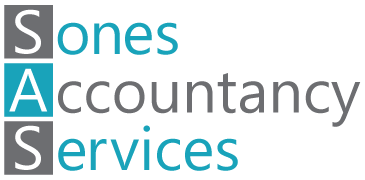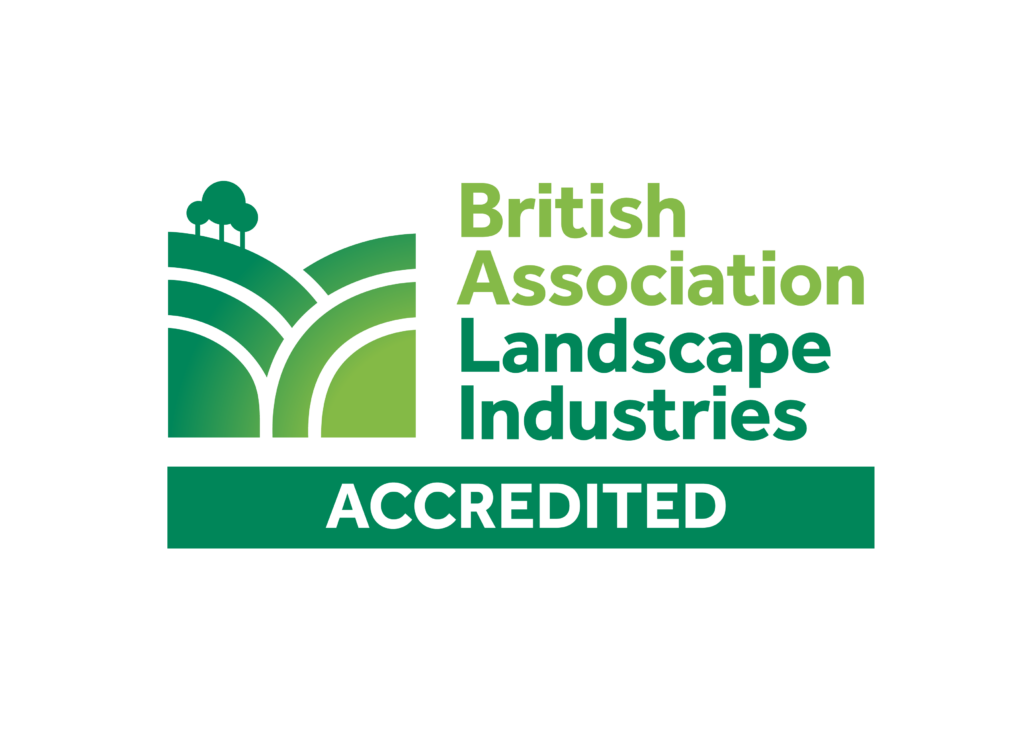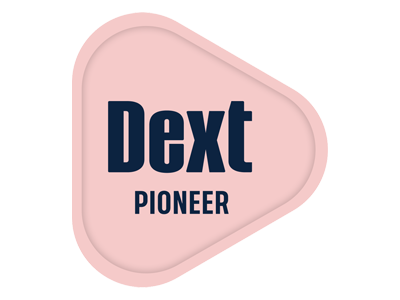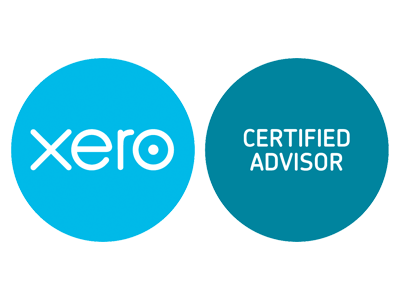Business owners wear multiple hats and sometimes keeping track of multiple projects and all of your business responsibilities can be overwhelming. It is imperative that you find methods and tools to stay organised so that things do not slip through the cracks, so that you keep your promises to clients, suppliers and the team, and so that your business can grow successfully.
Below are just some of the ways you can become more organised, making it easier to operate on a day to day basis and giving you time to maximise your profits:
Scheduling Time – Use a digital calendar (e.g., Google Calendar) to schedule appointments, consultations, project milestones, deadlines, and reminders for ongoing projects and important dates.
Client Information – Create a client database with details such as name, contact information, address, and any specific preferences or notes. Record how the client found your services and any referrals they provide. Customer Relationship Management (CRM) software can help you manage client information, communication, and follow-ups.
Project Details and Task Management – Maintain a list of all ongoing and upcoming projects, including project names, descriptions, and expected start and completion dates. Categorise projects based on their type, size, and complexity. Consider using project management tools like Trello, Asana, or Monday.com to assign responsibilities to your team, and track tasks, deadlines and project progress. Regularly update the status of each project in your project management software, so you can quickly see which projects are in progress, completed, or pending. Failing that, create a spreadsheet to list jobs, including client names, descriptions, dates, estimated start and completion dates etc. Having something is better than nothing!
Job Costing – Calculate the total cost of each job by considering staff, materials, equipment, and any subcontractor expenses. Compare job costs to the project’s budget to track profitability. Record this information for future use.
Effective Filing – Keep digital files or folders for each job with project plans, contracts, and other important documents.
Financial Tracking – Use invoicing and billing software such as Xero to generate invoices for clients and track payments. Keep a record of expenses related to each project, including materials, equipment, and staff costs. Generate reports on project progress, financials, and other key metrics to make informed business decisions. Use these reports for tax purposes and financial planning.
Contract and Legal Documentation – Maintain copies of signed contracts, permits, and any legal documents related to the projects. Ensure that all necessary permits and licences are up to date.
Client Communication – Keep records of all communication with clients, including emails, phone calls, and in-person meetings. Document client requests, changes, and approvals to avoid misunderstandings.
Client Feedback – After project completion, seek feedback from clients to assess their satisfaction. Use their input to improve your services and build long term client relationships. Save this feedback in your files so that you can refer back to it in the future.
Archiving – At the end of each project, archive all relevant documentation and records for future reference and potential legal requirements.
By implementing these detailed practices and using the right tools, you can effectively manage and keep track of jobs in your business while maintaining organised and transparent records.








